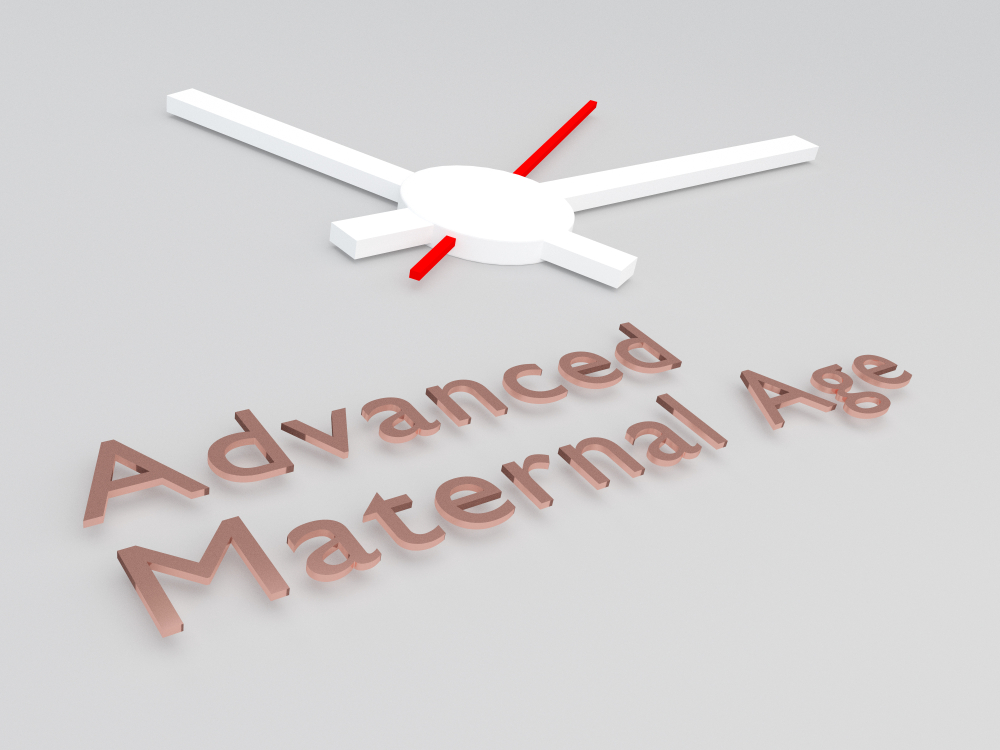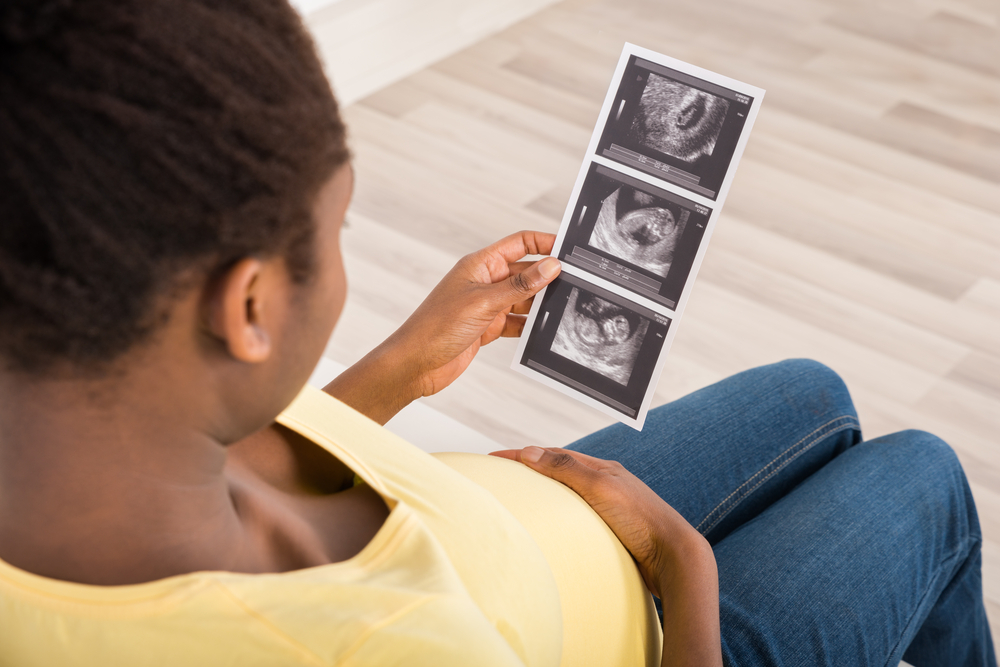Aging is an occurrence that all humans experience. Everyone with a functioning biological clock will advance in age progressively as the years pass by. This advance in age is accompanied by significant and specific changes in the appearance and functionality of the body. As an extension, advanced maternal age has become an important subject in our society.
If you’re looking to have a healthy baby and are above 35 years, this post is just for you. In this article, we’d walk you through all you need to know about advanced maternal age and its significance to your pregnancy.
Let’s get right on it!
Table of contents
What Is Advanced Maternal Age?
Advanced maternal age describes pregnancy in a woman above the age of 35. Most times, a pregnant woman in this category faces a higher risk of pregnancy-related complications. These complications range include:
- Spontaneous miscarriage
- Preterm delivery
- Congenital anomalies
- Gestational diabetes,
- High blood pressure.
As a result, it is essential to take special precautions and care if you’re above 35 years and you plan on having a baby.
Thankfully, medical research also shows that is possible to be above 35 years and have a safe and healthy pregnancy. Nevertheless, there are things to note and steps to follow.
How Maternal Age Works
Women are born with all of the eggs they will ever have in their lifetime. Every month, one of these eggs is released during ovulation. By the time a woman reaches her mid-to-late 30s, the quality and quantity of her eggs will have significantly reduced. See also signs of menopause.
This makes it harder to either conceive a baby or increases the chances of the baby having one or more abnormalities.

What Are The Risk Factors Associated With Advanced Maternal Age
Due to the decline in the viability of eggs, once a woman clocks 35 years, there are certain risks associated with such pregnancy.
Some of the risks will be discussed below:
Longer conception time
An older woman’s eggs are not as easily fertilized as a young woman’s eggs. If you’re above 35, it might take a considerably longer time for you to conceive. This is because of the progressive decline in the quality of eggs due to advancing age. However, after 6 months of unsuccessfully trying to conceive, you should consider speaking to your health care provider.
Multiple Pregnancies
There is an increase in the chances of having multiple pregnancies in older women. This is a result of hormonal changes that may cause the release of multiple eggs. Also, assisted reproductive technologies such as IVF (in vitro fertilization) and fertility drugs may increase the chances of multiple pregnancies.
Thankfully, this is more of an advantage and not a risk involved with advanced maternal age.
Congenital anomalies
Babies born to women over 35 years are more predisposed to certain chromosomal and physical anomalies. A common chromosomal anomaly is down syndrome and cerebral palsy.
Higher risk of pregnancy loss
It is possible for any woman to lose a pregnancy. However, the risk of miscarriages and stillbirths is higher with advanced maternal age.
Risk of gestational diabetes
Gestational diabetes is a type of diabetes peculiar to pregnancy. If left untreated, it can cause a baby to grow significantly larger than normal. This may increase the risk of injuries during delivery as well as preterm delivery, high blood pressure during pregnancy, and post-natal complications to the baby.
High blood pressure
According to research, older women are more prone to developing high blood pressure during pregnancy. Your doctor will carefully monitor your blood pressure throughout pregnancy. You may also require frequent visits to your obstetrician to avoid complications.
Cesarean section
Due to the higher risk of pregnancy-related complications in women over 35, a C-section is usually recommended for delivery.

What Can I Do To Stay Healthy With An Advanced Maternal Age Pregnancy?
The key to making a healthy baby is ensuring that you take care of your own self first. You should pay attention to your health before getting pregnant, while pregnant, and even after the baby eventually comes.
Things To Do When You Have An Advanced Maternal Age Pregnancy
Preconception
If you can, you should discuss your overall health with your doctor and also discuss lifestyle changes that may improve your chances of a healthy pregnancy. Ask about conception options available for you as well as ways in which you can boost your conception.
Prenatal care
It is very imperative that you take your prenatal appointments and care with all diligence. Once you find out that you’re pregnant, you should schedule an appointment with an obstetrician. These appointments should be regular all through your pregnancy.

Remember, regular clinics should continue even after childbirth. This article contains many important things to know and ask at your 6th-week postpartum appointment.
Prenatal testing
Talk to your obstetrician about possible tests to screen for congenital abnormalities in your growing baby. Tests like chorionic villi sampling and amniocentesis can be conducted early in your pregnancy to provide specific information about your baby’s chromosomes. Also, blood tests and ultrasound scans will provide other important information about the heath of your developing baby.
Healthy diet and exercise
There are certain nutrients that you will need more in pregnancy. Essential nutrients like folic acid, calcium, iron, and vitamin D are required more in pregnancy. It is important to keep a healthy diet and ensure that these nutrients are incorporated into your diet all through your pregnancy.

In addition, exercise in form of regular physical activity should be encouraged. This helps to ease discomfort and improve overall wellbeing. It can also help prepare you for labor by increasing muscle strength and stamina. If you have an underlying health problem, you can discuss with your doctor about exercise options available and safe for you.
Avoid harmful substances
During pregnancy, certain substances are off-limits because of their ability to cause potential harm to your baby. Alcohol, tobacco, marijuana and other forms of illegal drugs should be avoided during pregnancy. You should get a clearance from your obstetrician before using any medication or health supplement.
Healthy weight gain
Gaining the right amount of weight during pregnancy can support your baby’s health. Discuss with your doctor about healthy weight gain options available for you and how to lose the weight post-pregnancy.
Conclusion
Every expecting parent, whether pregnant or still trying to conceive has a lot of questions. Of course, you want to understand what the pregnancy journey entails so that you will make the right choices for yourself and your unborn baby.
Remember, it is possible to be above 35 and have a safe and healthy pregnancy.
With the right information outlined in this post, you can make informed decisions about your pregnancy. This increases your chances of having a smooth pregnancy and consequently, a healthy baby.

